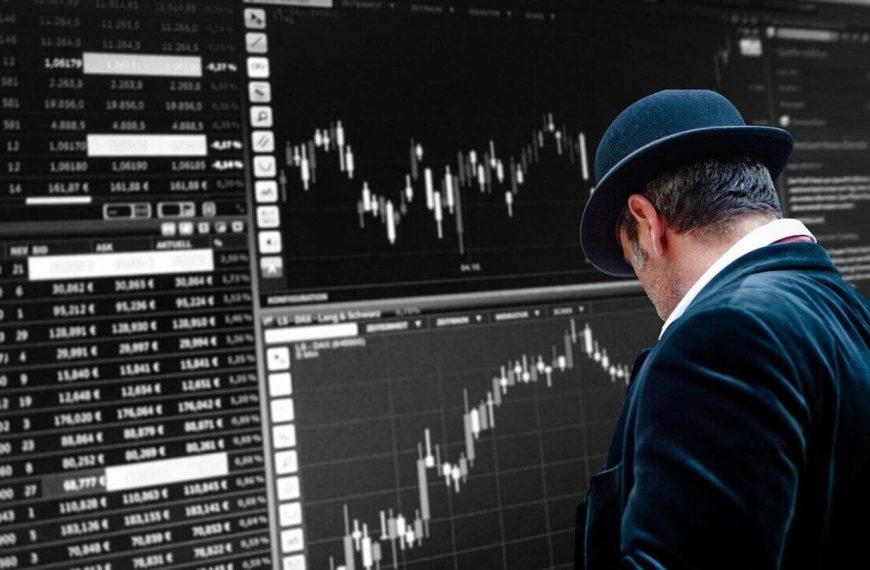Amid a tumultuous global financial landscape, Japanese bank stocks have plummeted, marking their most significant weekly decline in over 40 years. This downturn is part of a broader selloff in bank shares worldwide, fueled by fears of an impending global recession. As investors retreat from positions betting on interest rate hikes, the financial sector is grappling with unprecedented challenges.
Japanese Banks Face Historic Losses
On Friday, Japanese banking giants experienced drastic losses, with shares in the three major banks falling by 20% or more. This decline echoes the aftermath of the financial crisis in 2008, and investors are increasingly alarmed by the implications of President Donald Trump’s trade policies. The uncertainty surrounding free trade has left markets reeling, as banks traditionally serve as indicators of economic vitality.
Key highlights from the recent decline include:
- Mitsubishi UFJ Financial Group: Shares dropped 8.5% on Friday, culminating in a 20% weekly loss, the steepest since 2003.
- Mizuho Financial Group: Experienced an 11% drop on Friday and a staggering 22% loss for the week, the largest since 2008.
- Sumitomo Mitsui Financial Group: Fell 8% on Friday, totaling a 20% decline for the week.
The combined market value loss for these three banks surpassed 10 trillion yen (approximately $69 billion).
Flight to Safety and Changing Market Dynamics
As bank stocks falter, investors are gravitating towards the security of government bonds. The 10-year Japanese government bond futures approached levels that could trigger a trading halt, while yields were poised to drop by 35 basis points this week—the most significant decrease since 1993.
Sean Taylor, Chief Investment Officer at Matthews Asia, noted that the market has almost eliminated expectations for any interest rate hikes from the Bank of Japan this year. This shift has prompted a significant unwinding of previous bets on rising rates, leaving banks to adjust their forecasts accordingly.
Broader Market Reactions
The ripple effects of these banking losses were felt across global markets. In Europe, bank shares experienced a 6.5% drop in early trading, while U.S. banks saw a sharp decline overnight, with Citigroup and Bank of America facing drops of more than 12% and 11%, respectively.
The Nikkei share average closed 2.75% lower on Friday, with sectors such as insurance, technology, and shipping among the hardest hit. Overall, the benchmark index’s 9% weekly decline was the most severe since the market turmoil of March 2020.
Conclusion: A New Financial Landscape
As the financial landscape shifts dramatically, experts like Ales Koutny from Vanguard highlight the urgency of the situation, suggesting that hedge funds are rapidly exiting positions in banking stocks. The current environment underscores the fragility of global markets and the swift changes that can redefine economic expectations.
In the face of these challenges, market participants will need to stay vigilant as they navigate the complexities of today’s financial climate. The future of banking in Japan—and globally—remains uncertain as investors reassess their strategies in light of emerging economic realities.











